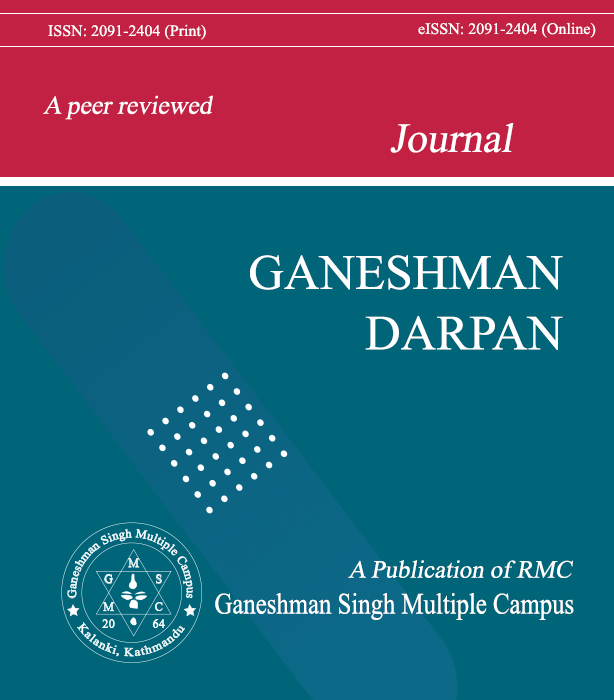Debate on Downfall of Regime: An Experience of Anti-Rana Movement and its Downfall in Nepal
DOI:
https://doi.org/10.3126/gd.v9i1.68547Keywords:
Anti-Rana Movement, Downfall and Rise of Regime, revolution, Political Structure, Economic RevolutionAbstract
To answer the questions of “Why does revolution happen? What components are necessary for the success of the revolution? And whether the political revolution transforms the socio-economic condition of people or not?” is the primary purpose of this paper. I began with the argument of Theda Skocpol and argued through the pieces of evidence of the anti-Rana movement in Nepal. My argument here is the, existing socio-political structure and transnational contexts are significant factors that determine any form of political revolution in the state. People support the political revolution for the expectation of socioeconomic transformation rather than a transformation of political structure. Transformation of people’s socioeconomic status is possible through economic revolution rather than political revolution. However political revolution is essential to create a foundation of financial revolution. Political revolution brings only political structural change rather than economic structure.




